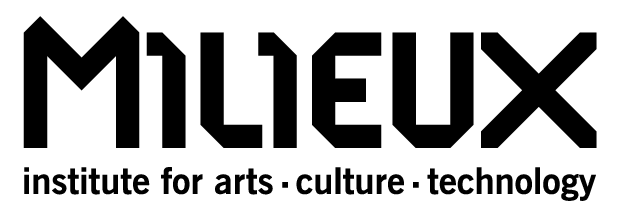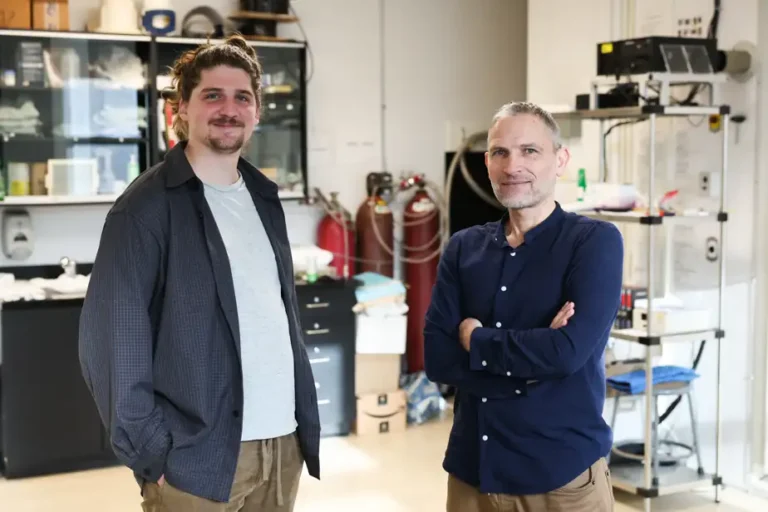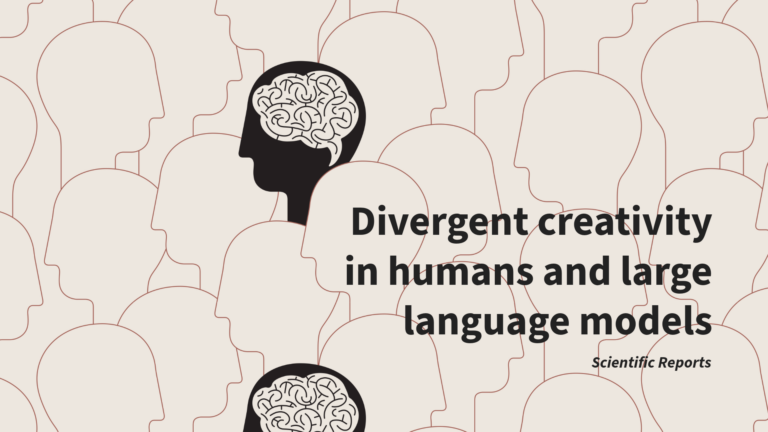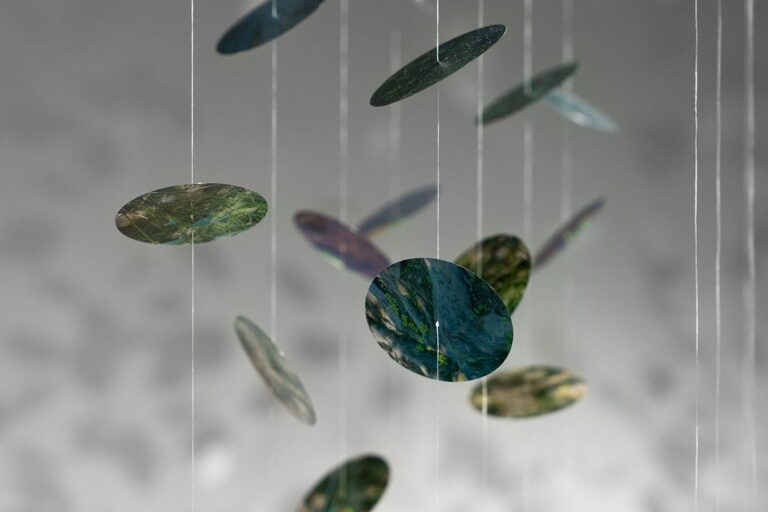We at the Milieux Institute are nothing short of delighted to present this year’s cohort for the Undergraduate Fellowship! Hailing from over nine different programs and many more disciplines, our Fellows demonstrate a capacity to think beyond what currently is, in a way that is inspiring and wonder-making. It is with great pride that we welcome them to the Institute, and with great honour we’ll aid and bear witness to their academic, artistic, and research-oriented growth!
During these once again unprecedented times, it is of note that so many of the Fellows’ practices and projects have at their core the spirit of community. From social work to dialogue developing to world building, these creators all endeavour in some way or other to underscore the importance of exchange through their work. It is, in turn, our responsibility at the Institute to foster these important developments and ambitious intellectual and artistic leaps, despite and in light of current obstacles. We, as well, recognize how energizing it is to host these Fellows in their work, and what a privilege it is to do so.
In order to best encourage their research, Milieux provides these fellowships to undergraduate students who are engaging in compelling work at the heart of their respective clusters. Each fellow will receive a monetary stipend as well as access to Milieux’s resources for project development over the 2021-2022 year. Next month, we’ll be organizing an online session of short presentations that will be open to all Milieux members and staff. We will also ensure that the Fellows feel supported and uplifted, and feel wholeheartedly digitally welcomed to the Institute.
THE FELLOWS
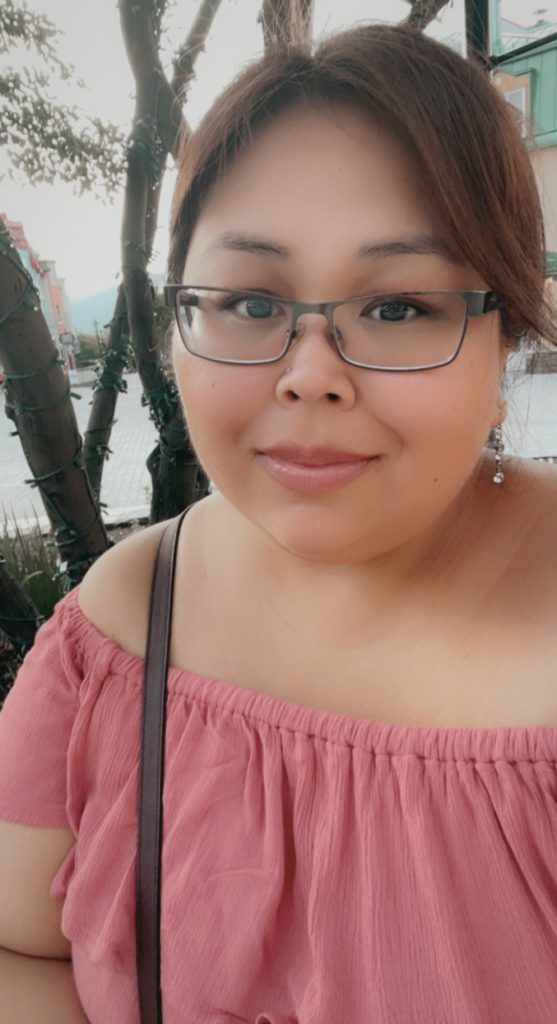
Alanna Mitchell (Indigenous Futures)
Alanna Mitchell is of Coast Salish & Kwakwaka’wakw descent from the K’ómoks First Nation (BC), and a current undergrad major in Sociology who recently completed her HRM Diploma at Concordia University. Through the many roles she has held, Alanna is known for her innovation in creating tailored solutions to specific needs for groups and individuals in the community. Alanna is remarked by her community as being sincere and caring for those around her. After graduation, Alanna intends to jump-start her career with hopes to positively impact and support the Indigenous community through her knowledge of HR and community planning.
I propose to conduct research to better understand the potential of integrating AI into Indigenous governance practices. Does weaving AI with Indigenous governance lead us towards data sovereignty? In what ways can this integration promote Indigenous capacity building? Finally, how can AI assist with preserving, promoting and teaching Indigenous practices?
My knowledge is limited, and I’m interested in how AI can intersect with Indigenous knowledge in general. I hope to inspire and support Indigenous people to grow their career in areas other than social work, as this is often the direction we are advised to pursue.
What I hope to get out of this fellowship is an understanding of how to promote sustainable and meaningful capacity development for Indigenous communities. This includes formulating proposals about what AI systems might require in the way of new or improved policies/programs/procedures to support the connections, and building or maintaining relationships with Indigenous communities.
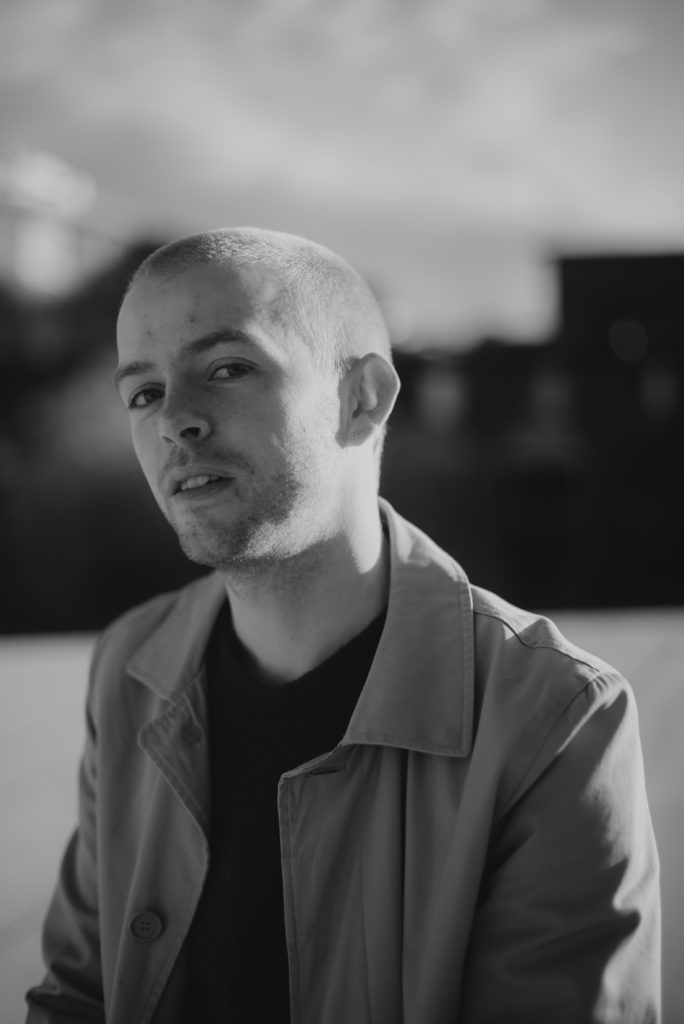
Malte Leander (LePARC)
Malte Leander is a Swedish-French composer and artist currently residing in Tiohtià:ke/Montréal, Canada, currently studying Electroacoustics at Concordia University. He is actively engaged in a variety of contexts; from hosting and organizing different musical events such as live shows, workshops and music camps together with the electronic music collective and label So&Such in Sweden, to being a present figure in the Fine Arts community and the electroacoustic student association at Concordia University. Outside of the academic setting, he is working together with the artist-run centre Eastern Bloc, hosting the show Pirate Bloc Radio, through which he facilitates discussions with local artists in digital practices and new media art and technology from and around the Montreal area. He is also active as an artist and musician, releasing music under the alias “Cikada” where he acts as producer and vocalist with a project that exists somewhere in between contemporary electronic R&B and Hip Hop. Over the past few years, he has widened the horizons through his electroacoustic endeavors, mixing composition, DIY-electronics, and experiments in the audio-visual domain that has lead him to being part of the Art Matters Festival, Visiones Sonoras, as well as the New York Electroacoustic Music Festival. Leander’s fellowship project combines the areas of acoustic ecology and DIY-electronics in order to produce a prototype of a solar-powered sound device that can alter the perception of the city soundscape. The output of the device is thought to add a subtle layer to the soundscape when placed in “dead” areas of the urban environment, where natural sounds have been replaced by noise. In order to address the problem of increasingly noisier surroundings, the sound device aims to alter the perception of the city environment to be more pleasantly sounding.
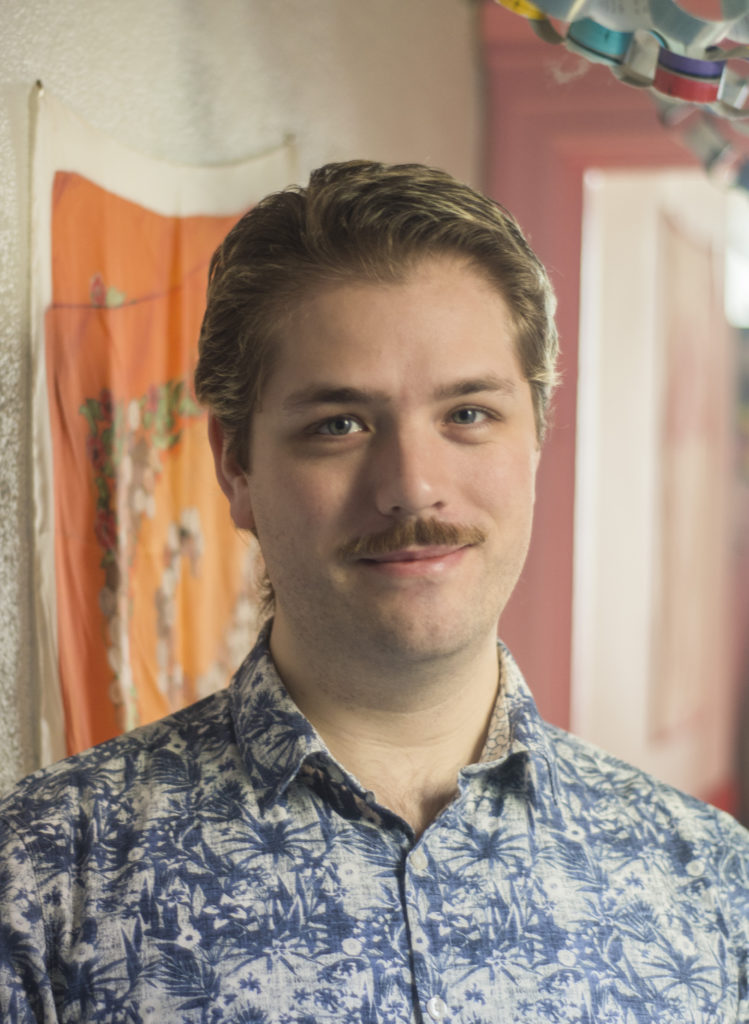
Theodore Fox (Media History Research Centre)
Theodore Fox (he/him) is an undergraduate student studying English and Creative Writing. Originally from Edmonton, AB—where he was the 2015-2016 Writer in Residence at Latitude 53, an artist-run gallery—his pre-academic work included hosting educational wine tastings, facilitating performance art shows, teaching poetry workshops for elementary to high-school aged students, running book and film discussion groups, and publishing several chapbooks of poetry. Whenever possible, Theodore is being assisted by a small, black cat named Handpig. His research interests include peer learning, ideology in online communities, gamer utopianism, and Minecraft. For his research, Theodore is interested in studying how Minecraft servers and mod communities model political ideologies through rules documents, and how that affects behaviour on servers. He is also broadly interested in how users of online gaming platforms use games to practice utopianism, and engage in peer learning.
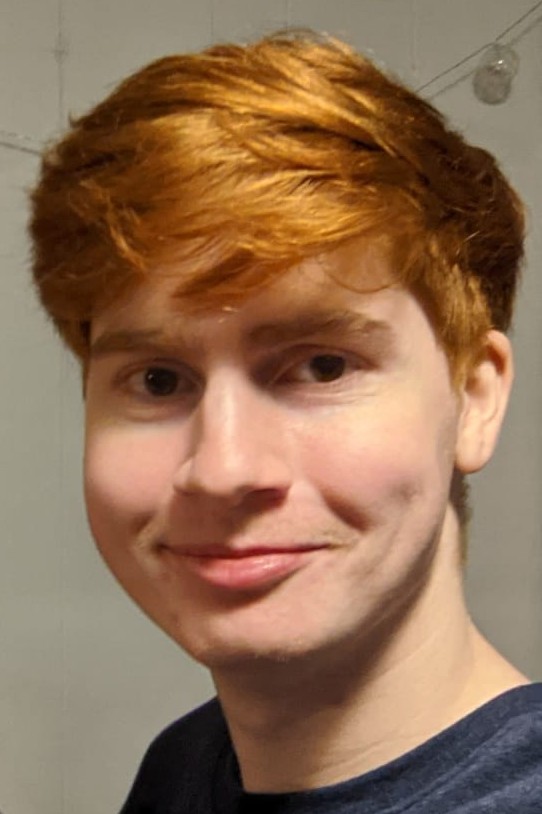
Andrew Rochon (Media History Research Centre)
Andrew is an undergraduate student in Philosophy with a background in communications and digital design. He loves all aspects of game design: writing, scoring, designing, and especially playing. He hopes to one day publish his own indie game. Andrew’s current research focuses on the intersection of philosophy and video games. Topics of research include: remote education through video game platforms, the ethics of artificial intelligence, and video game peripherals for people who have sensory disabilities.
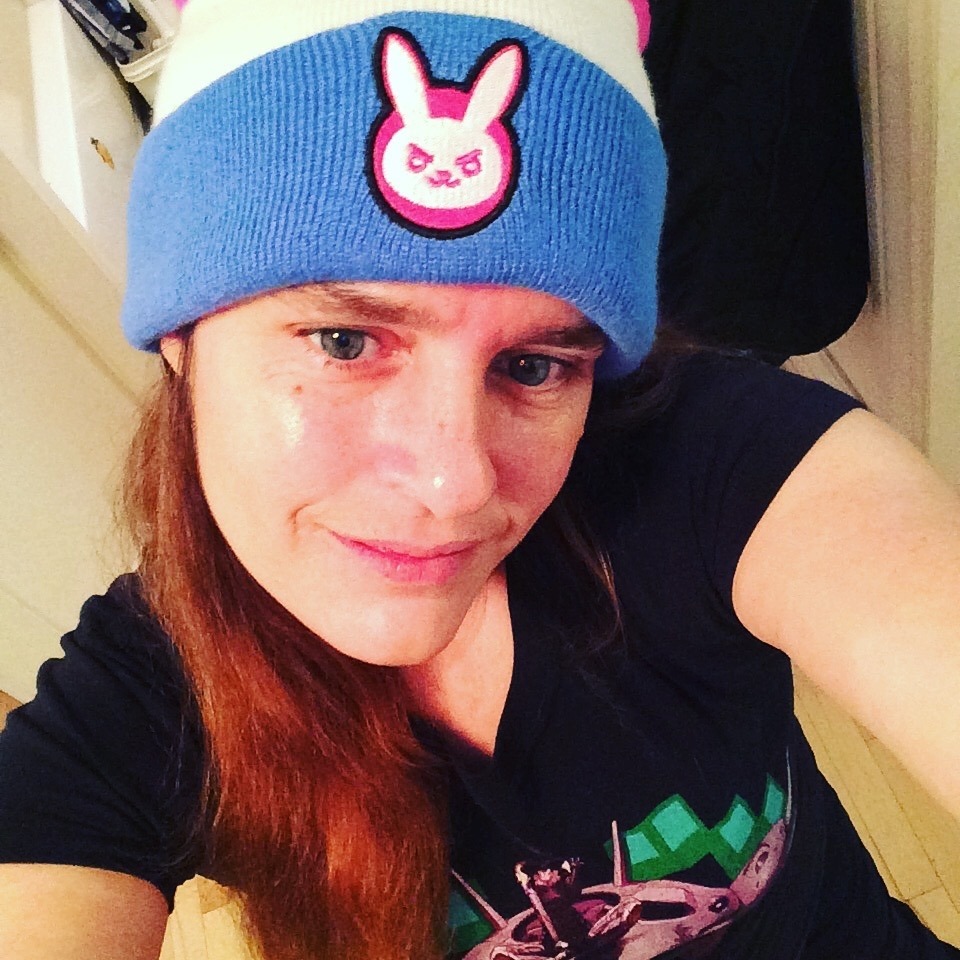
Geneviève Lamarche (Participatory Media)
I am a mature student who has returned to Concordia to study Education with a focus in Maker Education. I started in working IT in the early days of the internet and have spent years assisting users in technical support. Feeling a lack of creativity within my industry, I went back to school in cooking and restaurant management. My local library opened a FabLab and I just fell in love with the technology and the possibilities of implementing such technology in cooking. Over the years, I knew this type of fun technology would bring education into the 21st century, so I went back to Concordia to finish my Bachelor‘s. I aspire to bring making into schools to help propel students into creative self-expression. My time at Milieux will give me access to tools and resources to help propel Maker Culture forward in Quebec in creating a Makerspace Playbook for educators.
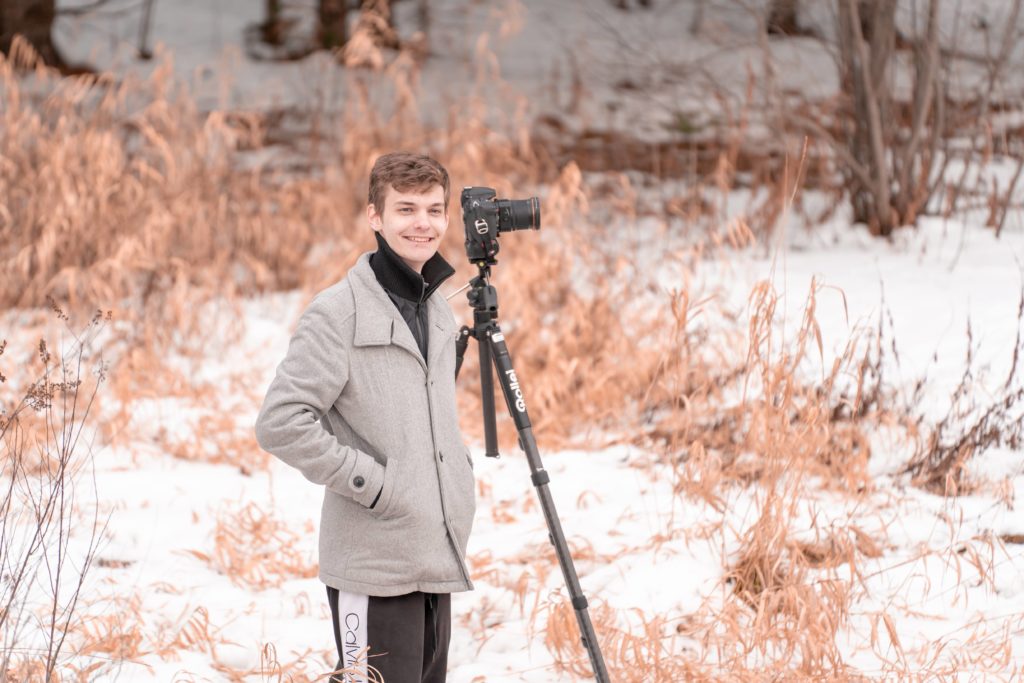
Patrick Seemann-Ricard (Post Image)
Patrick Seemann-Ricard is a third-year student in the Photography program. His love of the digital image making started when he lived in Switzerland, where he would often go to the mountains to photograph landscapes. When he moved to Montreal in 2019, his interest rapidly shifted to architectural photography, with a plethora of subjects to photograph in the city. Patrick wishes to continue his research in architectural photography and the importance of colours in such work, all while using the facilities to explore the possibilities of printing and exhibiting his work in large-format prints.
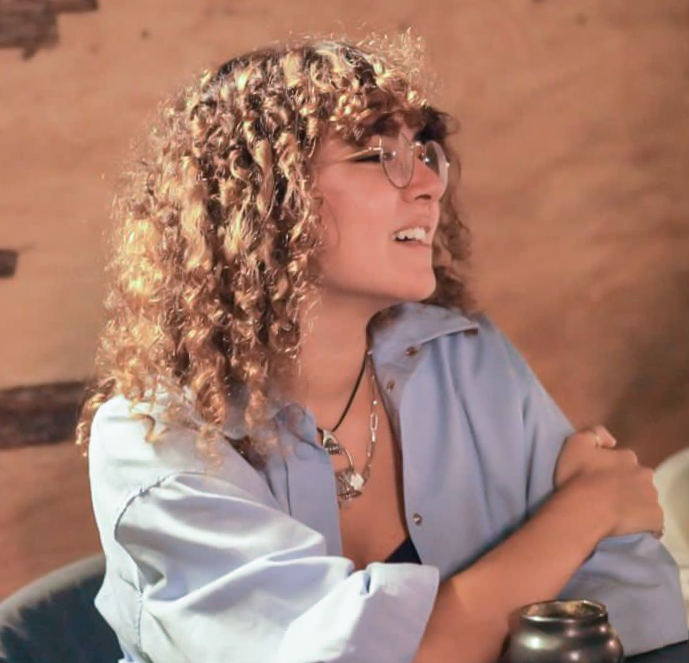
Nadine Abdel Latif (Post Image)
Hello, my name is Deenz and I’m a new undergraduate fellow at the Milieux. I’m currently a second year Photography major, however my interests and practices span across multiple disciplines. Regardless of the medium, my passion lies in the ability to use art as a vessel for storytelling and world building. In a general sense, my work focuses on providing visual observations and critiques of different aspects of Egyptian culture, specifically but not limited to, the experience of womanhood and femininity in Egypt, socio-political turmoil, and the process of breaking free from societal norms and expectations. My hopes are that in doing this I can allow myself to make sense of my own experiences and struggles while living in Egypt from the perspective of someone who has grown out of its tough shell. My hope for the near future is to begin working on two large and extensive photo projects. The first one is more of a narrative series which will explore the experience of womanhood in Egypt, with a specific focus on the relationship between a woman and her reputation– a concept which has a lot of personal as well as societal impact and reference points. The second project is an archival piece in which I plan on exploring the ambiguity of memory, by taking a close look at my relationship with my late grandfather who suffered with Alzheimers. Through collecting old images and constructing new ones, my hopes are to gather what little remnants of memories and scraps of a relationship I had with him, as well as to find interesting ways to fill in the gaps of memory with reconstructed photographs.
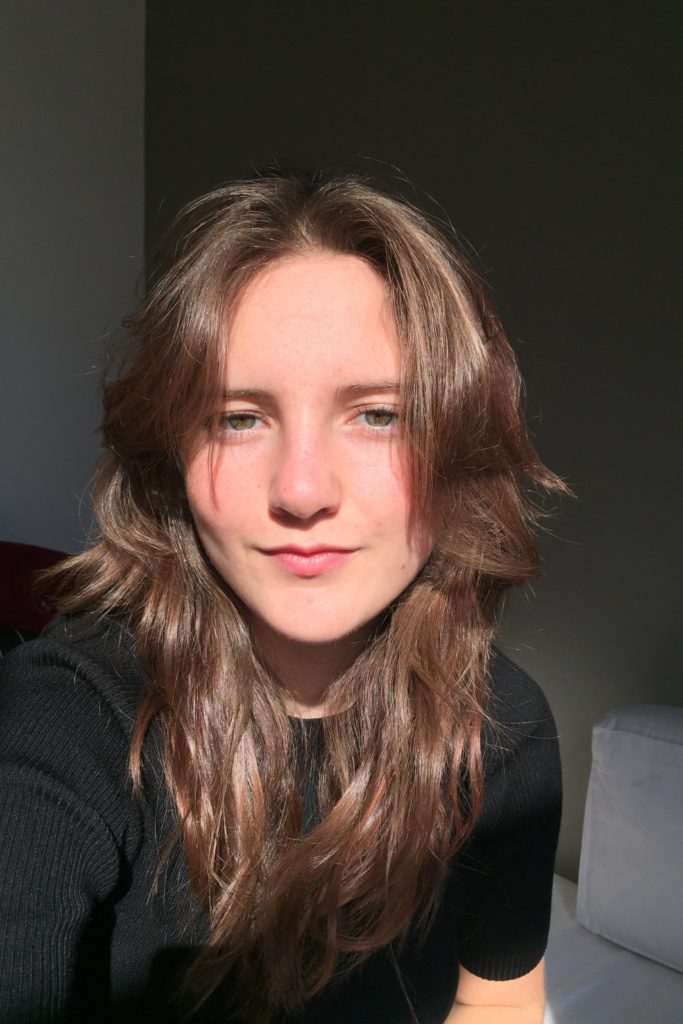
Sophie Dummett (Technoculture, Art & Games)
Hi, I’m Sophie, and I’m in my third year of the Undergraduate Program specializing in Anthropology and Sociology. By intertwining the gaming and military worlds, I am interested in researching ways in which the US military recruits young gamers to participate in their drone program. This research would concentrate on examining why young gamers might appeal to the drone program, how the military recruits these young gamers, and if there may be cultural resemblances within the gaming culture that might be beneficial to the military industry.
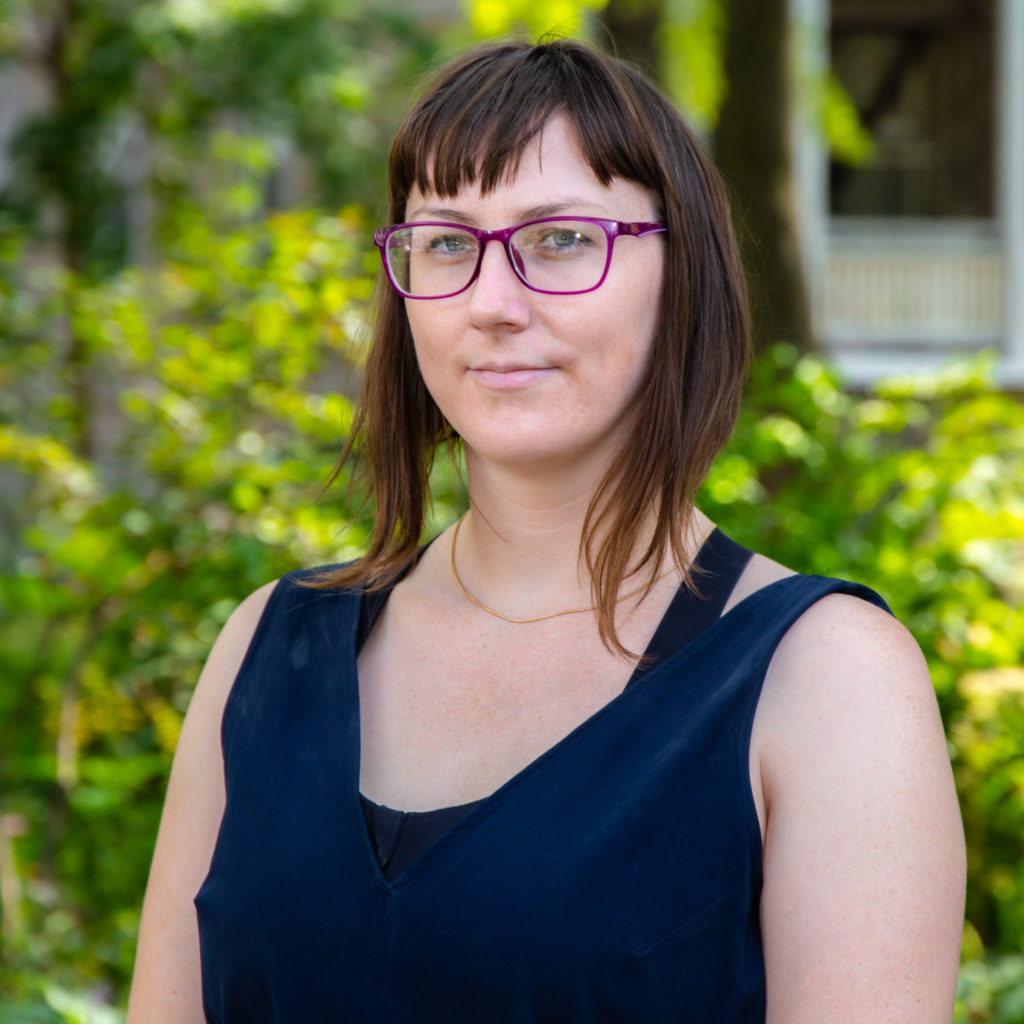
Christine White (Textiles & Materiality)
Christine White is soon to complete her BFA in Intermedia with a minor in Sociology. She aspires towards developing her thesis around mobile disruptive architecture and how her project PedalBox Gallery can act as both a tool for community engagement and data collection. She is also currently a member of Value Collective, researching the Housing Crisis through Next-Generation Cities at Concordia. They are one of 29 groups selected across Canada for the CMHC Affordable Housing Supply Challenge. Members of Value Collective originally came together in early 2020 when the Office of Rules and Norms selected them for the Shock Value Fellowship. PedalBox Gallery continues to be a fundamental element to her research across all collaborations.
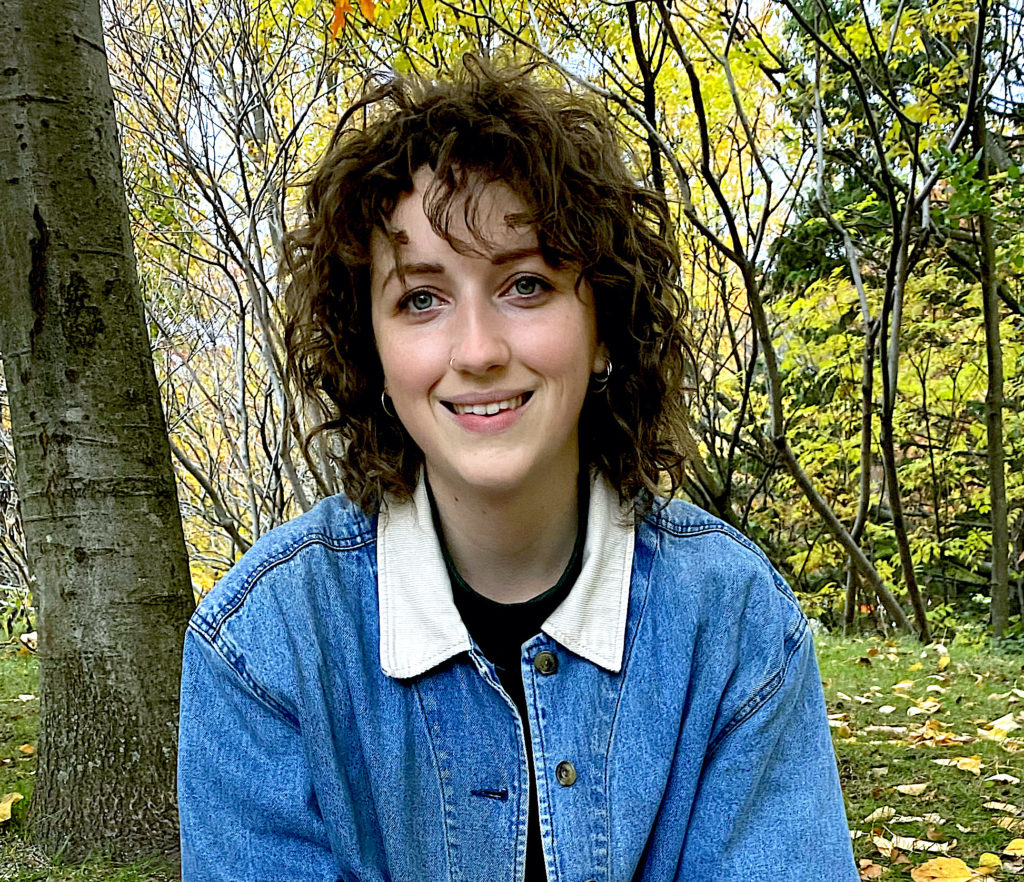
Emily Blair (Textiles & Materiality)
My name is Emily Blair and I am a weaver and fibres artist currently in my fourth year in the Fibres and Material Practices program. My work involves collecting information from environmental sources, such as temperatures, light, and oxygen levels to reflect on the fragility of ecosystems and our intertwined existence with those natural environments. Using computer assisted design software like ProWeave, computerized looms, and patterns like overshot, I translate data sets and texts into weavable structures. I often work collaboratively with sound and video to incorporate audio-visual documentation of the data sources. This has manifested as projecting stop-motion video of weaving patterns against a building triggered by sound, video projected onto the woven textile itself and translations of ProWeave patterns into music composition and vice versa. I intend to focus my future projects on exploring this relationship between cloth pattern and structure and how that can relate to my environments and to push further my methods of displaying and communicating my research.
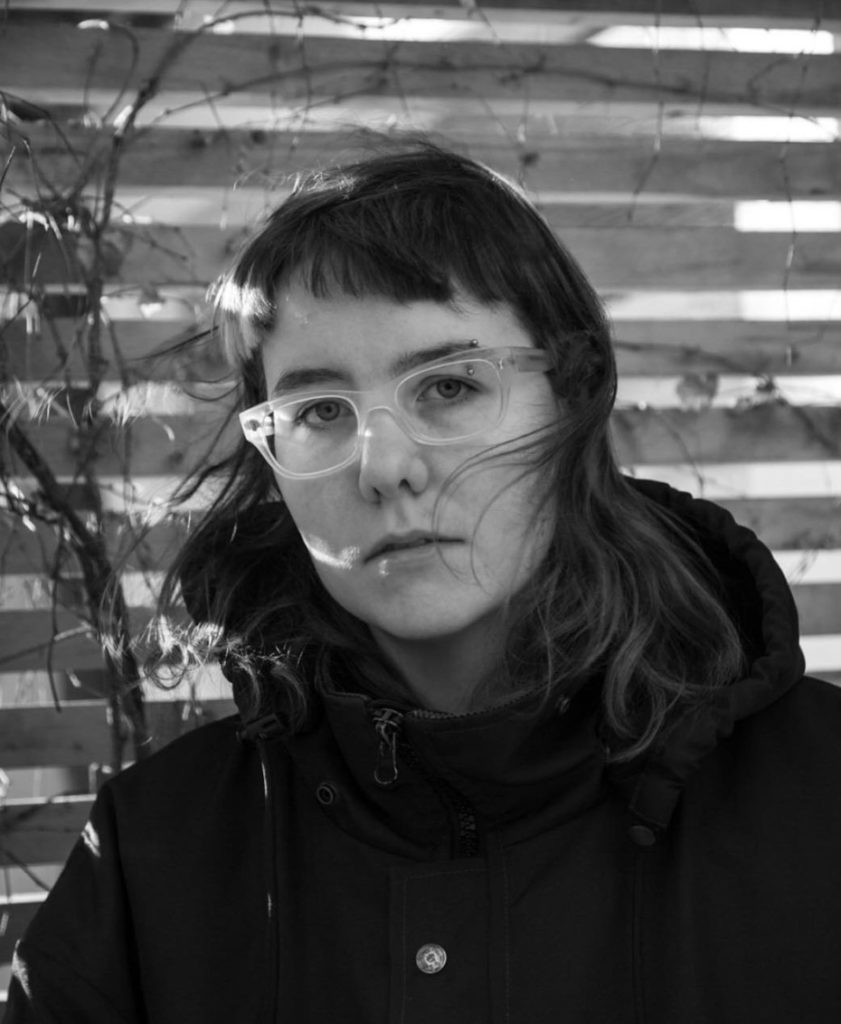
Maxime Gordon (Speculative Life)
Maxime Gordon is a 3rd year Computation Arts student and sound/new media artist. In her work, she is interested in exploring the boundaries of sound, architectural space and the human body. Through sound art, performance, videos and installations or a combination of these media she creates immersive art works that offer a looking glass into various intersections of humanity and technology. Recently, she has been exploring the use of motion and biometric sensors as well as augmented reality to create sound art.
